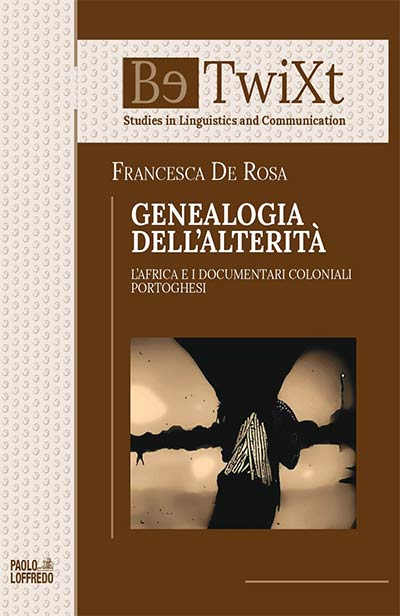 Paolo Loffredo, sixth generation of a large family of publishers and booksellers engaged in the production and distribution of books since the late nineteenth century, creates in 2012 the new editorial company Paolo Loffredo Editore. The historical site was until the '80s in the heart of the historic centre of Naples in Via San Biagio dei Librai, lower Decumano and also known as the SpaccaNapoli.
Paolo Loffredo, sixth generation of a large family of publishers and booksellers engaged in the production and distribution of books since the late nineteenth century, creates in 2012 the new editorial company Paolo Loffredo Editore. The historical site was until the '80s in the heart of the historic centre of Naples in Via San Biagio dei Librai, lower Decumano and also known as the SpaccaNapoli.
At the beginning of the twentieth century, Giuseppe Loffredo decided to add book selling to the book production, which definitively imposed itself after World War II with the publication of manuals for the University and for the School that succeeded in establishing themselves soon throughout Italy.
LAST EVENT
"Rivedremo Gesù nelle catacombe"
07 Marzo 2025 - Sala Conferenze circoscrizione di Cecchina - via Rocca di Papa 65, Albano Laziale (RM) - ore 17,00

Genealogia dell'Alterità
ISSN: 2611 - 1349
Language: Italiano
Publisher: Paolo Loffredo Editore Srl

Description
Genealogia dell'Alterità
The diffusion of images of black bodies in colonial Portugal shows how the racialization of the inhabitants of the ex-colonies was an important instrument in colonial hegemony. Photographs, propaganda billboards, postcards, illustrations in newspapers and documentaries, in which is translated the white man practice of taking photographs and videos of the colonized body are a testimony to an aesthetic built on a gaze of domination whose implications are still present today. It is a known and analyzed theme in the fiction field, but not-so-known in the documentary field. This work focuses on studying the representations of the colonized subject through the analysis of cinematographic documentaries, realized between 1926 and 1950, during the dictatorship of the Estado Novo. The analyses take into account not only the narratives, but also the conservation devices. From the archives, themes such as colonial propaganda, the reconstruction in imagised of the breed, the inspections to the black inhabitants of the colonies, the subordination of the female subject emerge. Here we find among the images subjects who try to escape and resist the narratives that the portuguese colonial filmography produced.



